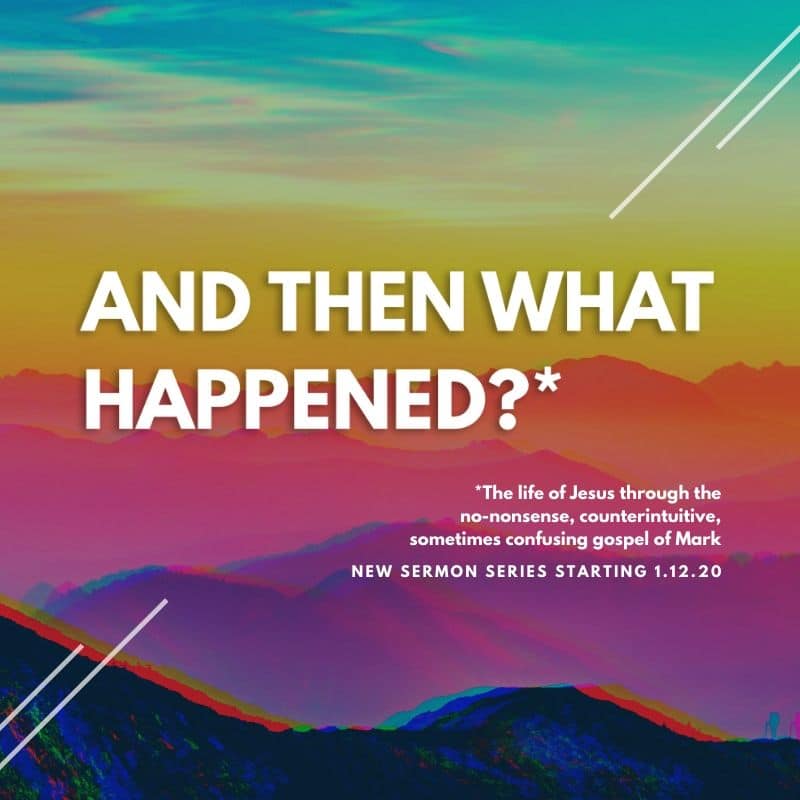What Now? | Mark 16:8
Rich Obrecht2024-05-30T11:06:24-06:00And they went out and fled from the tomb, for trembling and astonishment had seized them, and they said nothing to anyone, for they were afraid. Mark 16:8 We read this story and wonder [...]


